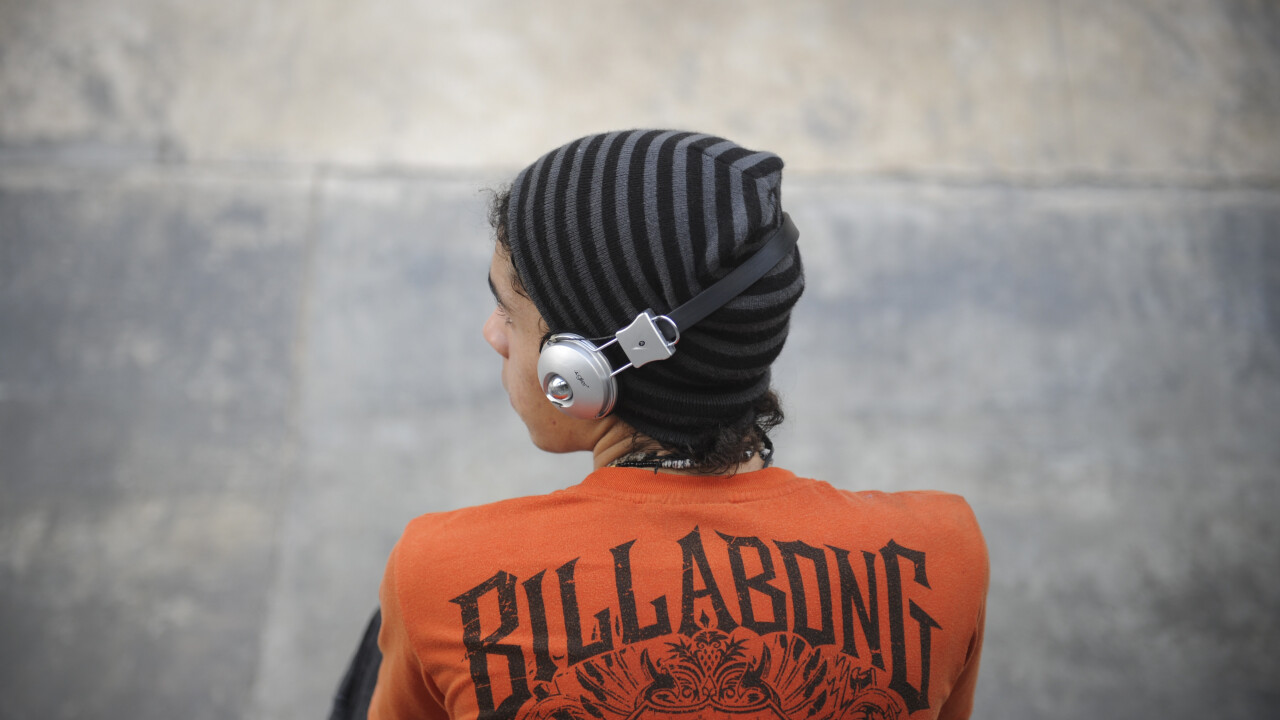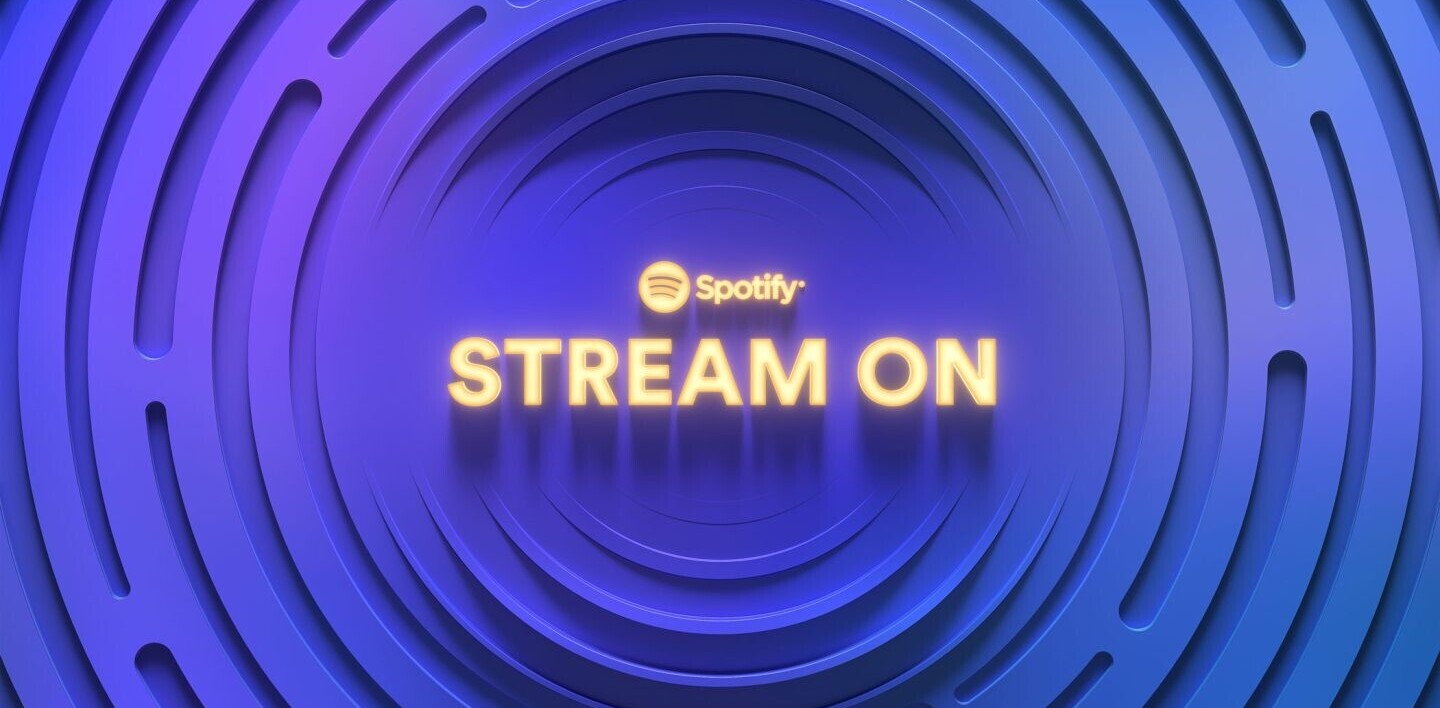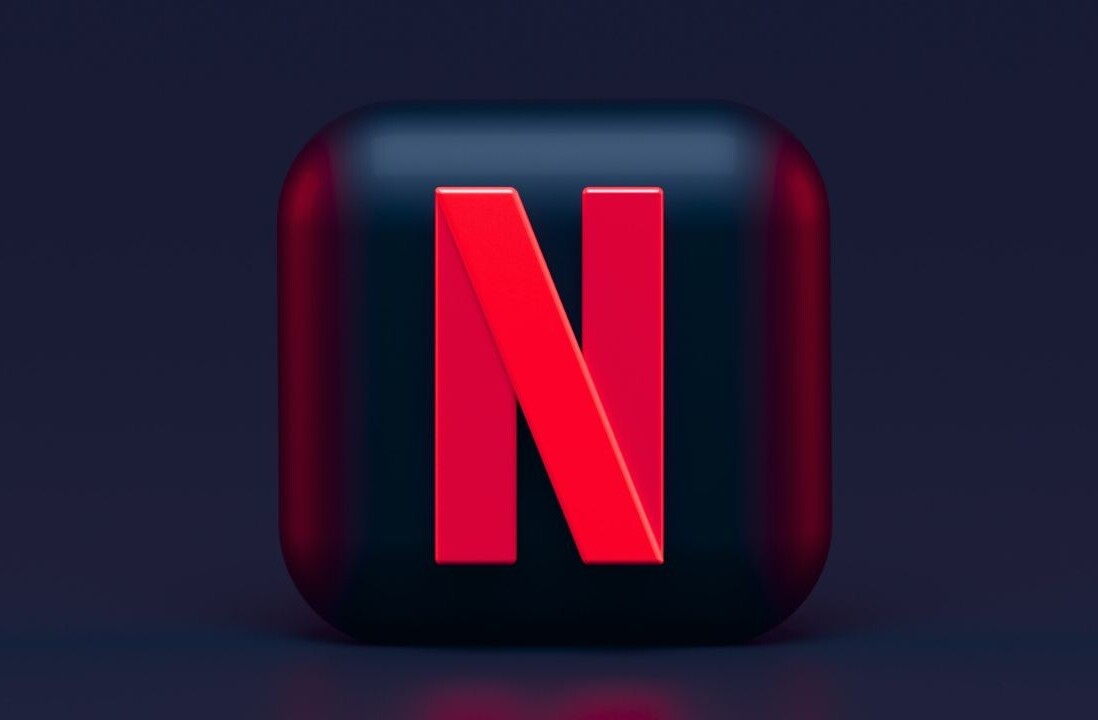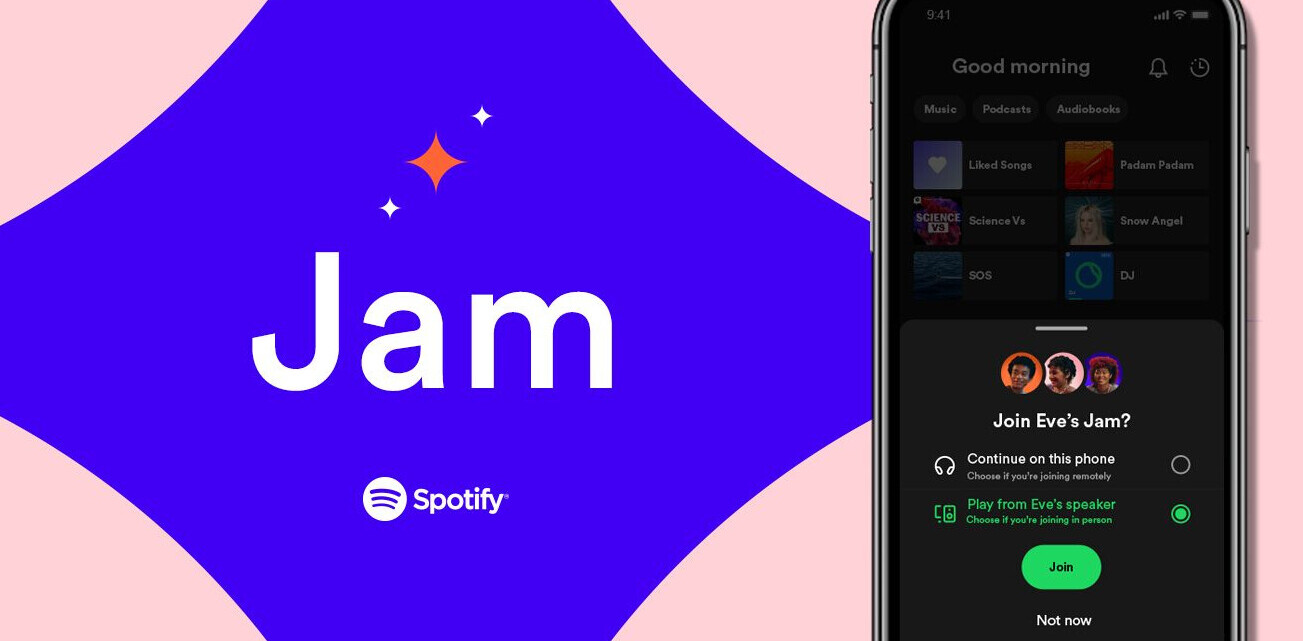
The emergence of Netflix as a content creator has had a profound impact on its popularity as a TV and movie streaming service. In a relatively short space of time, it’s grown to become one of the few monthly subscriptions that users simply can’t bear to cancel.
The hype surrounding House of Cards, Arrested Development and Orange is the New Black has finally paid off. Regardless of their quality, Netflix’s exclusivity means that viewers can only watch these shows by signing up. Sure, they’ll eventually be released on DVD, but by then most of the hype and ‘water cooler talk’ on the Web has flown by.
On-demand music streaming services are a little different. Spotify and Rdio are the most well known in Western markets – the equivalent of Netflix and Amazon Instant Video – but they’re competing against a number of other services such as Deezer, Xbox Music, Google Play Music All Access and Sony Music Unlimited.
They’re all fighting for subscribers, but neither Spotify or Rdio has managed to truly break away and establish themselves as the superior platform, or uncontested industry leader.
Part of the problem is that both of these companies are trying to differentiate on features, and the reality is that they’re both rather similar. The pair offer pretty decent mobile apps on iOS and Android, as well as a Web version, desktop app and some basic social integration and discovery features. Users might prefer one particular user interface over the other, but it’s not substantial enough to warrant a switch or sign up for a paid subscription.
Focus on music, rather than features
For whatever reason, Spotify and Rdio rarely boast about their exclusive content. Both have slightly different offerings – Wired ran a piece back in 2011 examining who had what, although their respective libraries have no doubt changed since then. One will occasionally boast about a limited period exclusivity deal – snatching an album a week before it’s available elsewhere – but it’s always a small, insignificant victory.
Ultimately, it’s clear that these differences aren’t enough to push one out in front of the other. If it had, the Internet would be awash with users claiming either Rdio or Spotify’s superiority.
So back to Netflix. Rather than fight Amazon Instant Video solely on established TV shows and movies (it does that too, but it’s a fairly boring tug of war) the company has decided to truly differentiate by creating its own, exclusive content. That way, there’s no licensing agreements or issues with international availability.
It begs the question: why doesn’t Spotify or Rdio go down this route? If either company created their own label, they could own exclusive rights to all of their signed artists’ future releases. Listeners would be encouraged to subscribe to the service – particularly by the artists themselves, who will likely promote the platform in a bid to grow their fanbase – thereby creating new, paying subscribers.
Choosing to back specific artists also has a rather philanthropic edge, given the volatile state of the music industry today, and would help both Spotify and Rdio to nurture their own brand identity. Either of these firms could quickly emerge as the number one place to discover fresh hip hop, or any music genre for that matter. Find enough home-grown talent and either company would be able to create a unique value proposition.
The first seeds have already been planted
This has already happened, albeit to a very small degree. Swedish duo Cazzette released their debut album ‘Eject’ in three parts exclusively on Spotify. It was just one record though and without the kind of marketing push given to House of Cards by Netflix, not enough listeners knew or cared about it.
The second route is the ‘Arrested Development’ model. Spotify or Rdio could approach a band who was once popular, or who have gone on hiatus in recent years and offer to fund their next album, provided it is exclusive to their service. A revival of formerly short-term projects would stir up some interest in particular. London-based startup Songkick is trying a similar play for live concerts with its Detour platform, which allows anyone to suggest, crowdfund and ultimately secure a gig for their favorite band.
This approach comes with its fair share of problems though. While Hemlock Grove, House of Cards and such are now tied to Netflix, their actors and actresses are not. They’re free to find new work in TV shows and movies airing outside of the platform, and while it’s true that musicians can perform in other bands, most stick to a single identity. To have their output restricted to either Spotify or Rdio would be difficult for many artists to accept.
It’s also possible that by taking on the role of a label, Spotify or Rdio could license their artists’ music to their competitors, claiming some additional revenue along the way. They might also release these artists at a later juncture, should the band or singer feel that they would benefit from working with another label.
The major roadblock, as always, is the money involved. Much has been said about how much or how little Spotify and Rdio actually pay artists who host music on their platform. Atoms for Peace, led by Radiohead frontman Thom Yorke, pulled all of their material from Spotify and Rdio last month. To win back their support, these companies would need to offer substantial salaries or a highly competitive pay-out based on how well their tracks perform.
Exclusives need to be commercial hits, not niche works of art
For this to work, the model pioneered by Netflix would need to be tweaked somewhat – and perhaps it’s just not financially viable given the numerous differences between the music and TV industries – but with the right artists, it’s certainly not impossible.
Its success would depend on Spotify and Rdio discovering artists that can become the next Rolling Stones or Jay-Z . Or perhaps bargaining with those already established. Regardless, the records they produce would need to be of an exceptional quality and accessible enough that a large number of users will want to listen to them. Niche works simply won’t cut it. Spotify and Rdio need the equivalent of Lady Gaga or, dare I say it, Justin Bieber and One Direction to persuade listeners to shell out for a monthly subscription.
It’s not an easy transition to make, but it’s one that on-demand streaming services could certainly benefit from. Moving forward, the speed at which Spotify and Rdio release new software features will likely decelerate, and investors will be wondering how either company can gain financial sustainability. This is but one option on the table.
Image Credit: LEO RAMIREZ/AFP/Getty Images
Get the TNW newsletter
Get the most important tech news in your inbox each week.






